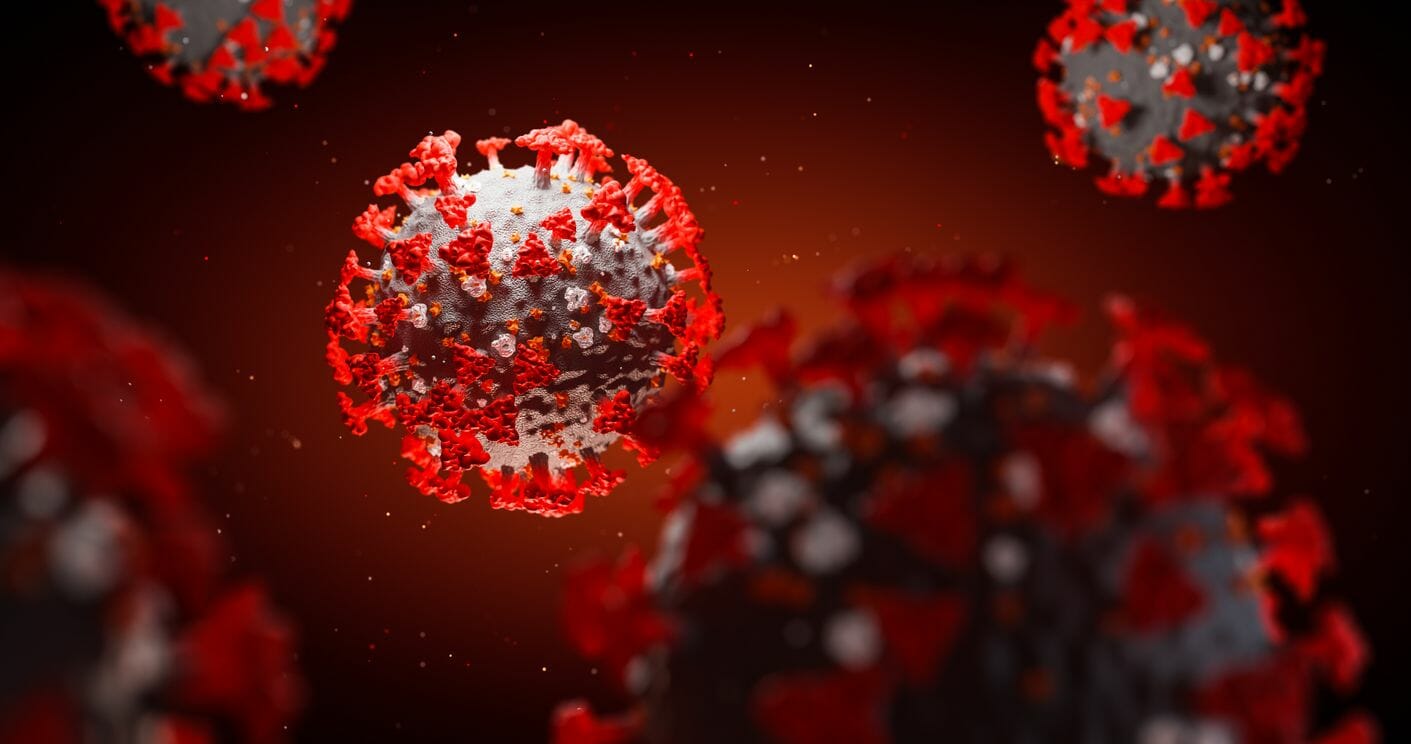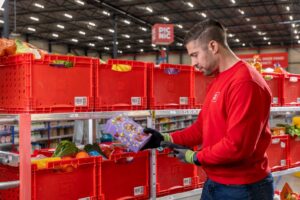Companies of all stripes are rushing to respond to the threats (or opportunities) posed by the widening coronavirus pandemic. For vertical farming companies, the increasingly-evident pressures facing the world’s food supply chains are confirmation of what they were already saying: resilient supply chains are hyper-local supply chains, especially when it comes to fresh produce.
But there is also a more direct way vertical farmers want to confront the virus; they could be crucial in developing and manufacturing rapid testing kits, vaccines, or even a cure, according to pharmaceutical companies.
Inno-3B, a Quebec-based vertical farming equipment design company that has over the last year been developing a turnkey solution for plant-based pharmaceutical companies, is claiming to have diverted its focus onto confronting Covid-19 head-on. To do this, the firm has teamed up with biopharmaceutical businesses PlantForm Corporation, Cape Bio Pharms and Biopterre.
Growing monoclonal antibody treatments in vertical farms
Inno-3B plans to build and operate a pilot molecular farm at its 35,000 sq. ft facility located in St-Pacôme, QC. This facility will be the site where these firms develop what they call “a monoclonal antibody treatment” for Covid-19 patients. They will also develop “prophylactic applications” for first responders and other health-care personnel who require immediate protection.
“Speed and efficiency are of the essence right now,” Inno-3B CEO Martin Brault tells AFN. Intriguingly, the idea owes much to tobacco. The tailored solution Inno-3B has been developing for plant-based pharmaceutical companies in recent years uses strains of the tobacco plant. Even before Covid-19, plant-based molecular farming for protein production offered advantages over traditional fermentation systems to produce drugs using animal or bacterial cells. These advantages include lower costs, improved scalability and faster turnaround times.
“The science behind it is called Transient Gene Expression,” says Brault. “It is a real game-changer for the pharma industry. This is what we are embedding into our vertical farming equipment. If I had to explain it in its simplest form, here is how I’d do it: This science is based on using a characteristic of a very specific bacteria called agrobacterium. This bacteria has the ability to transfer some genetic material to a plant cell reproduction component in order to survive and reproduce itself. It is basically using the plant-growing mechanism to live… a parasite. The technology consists of tricking the bacteria by replacing a gene sequence inside its own RNA. Once the bacteria is “reprogrammed” it will enter the plant’s cell to transfer its gene but the result will be the expression of a targeted molecule for which it was programmed. In our case: antibodies for Covid-19 that will produce detection kits, treatment, and prophylactics.”
Time saver
Brault and his collaborators hope Inno-3B’s closed environment production platform and PlantForm’s proprietary biopharmaceutical manufacturing platform will reduce the time it takes to produce the drugs. According to Brault, the initiative will also allow the scientific community to accelerate the time to market of other plant-based solutions as a response to current and future pandemics. Production dedicated to initial clinical trials will begin in July 2020.
This joint effort will allow the production of approximately 4,000 doses per week of the target therapeutic antibodies for Covid-19. The facility, Brault says, will have the capacity to produce up to 400,000 doses per week for other pharmaceuticals. The pharmaceutical industry is already considered a potential saviour of vertical farming solutions, as competing on growing lettuce with outdoor farms is hard unless vertical farms get better at growing high-value produce that can only be grown in other parts of the world, like strawberries in Singapore, or tomatoes in Abu Dhabi. Indoors it is easier to ensure standards for consistency, repeatability, traceability and full scalability throughout the growth and materials handling cycles.
Is your vertical farm working on a cure for Covid-19 or other diseases? Let us know. Drop an email to [email protected]





